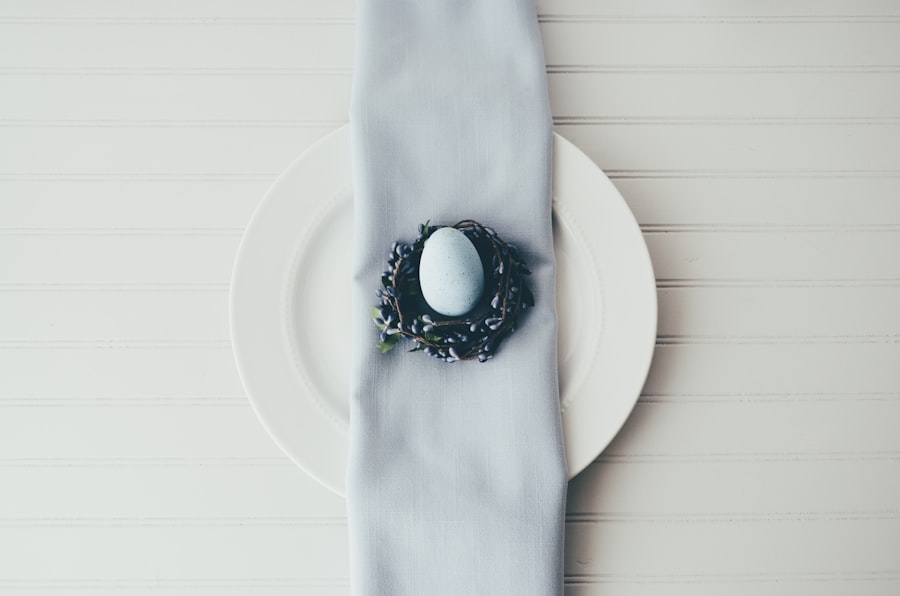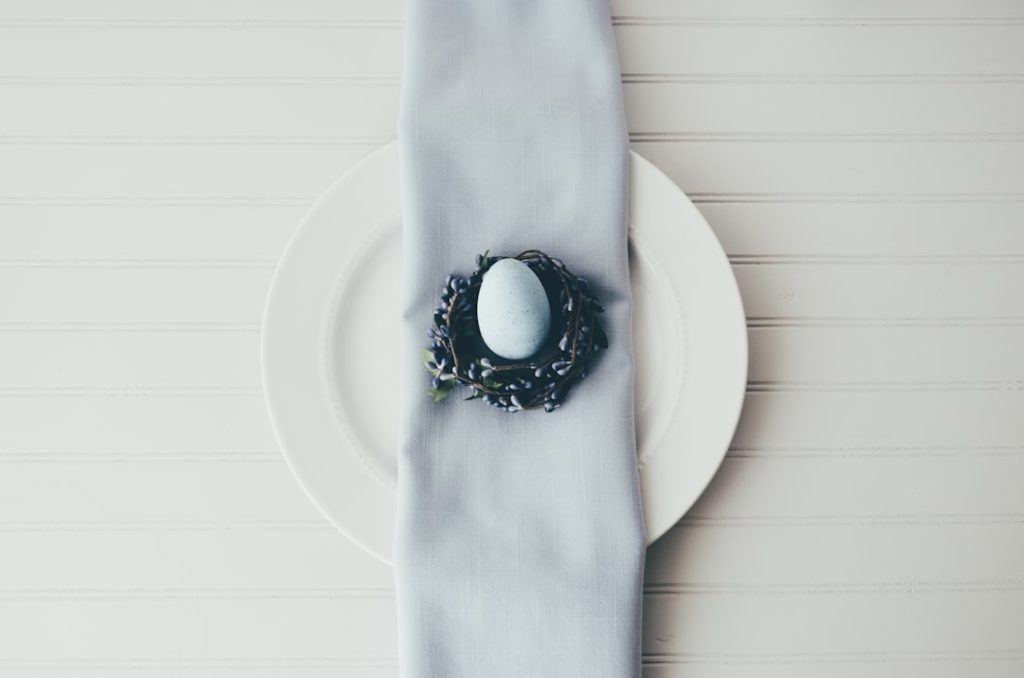Egg-laying chickens, or laying hens, have a natural lifespan of 5 to 10 years, depending on breed and individual health. Their peak egg production occurs in the first 2 to 3 years, with some breeds capable of producing up to 300 eggs annually. As hens age, egg production gradually declines, and they may become more susceptible to health issues.
Understanding the natural lifespan of hens is crucial for chicken owners to make informed decisions about flock management and care. Laying hens progress through different life stages, beginning as chicks, then pullets, before reaching maturity as laying hens. The first year of a hen’s life is typically the most productive for egg laying.
During the second and third years, egg production may start to decline. By 4 or 5 years of age, hens may produce only a fraction of the eggs they laid in their prime. Awareness of these natural stages is essential for chicken owners to provide appropriate care and make informed decisions about flock management as their hens age.
Table of Contents
- 1 Factors to Consider When Deciding How Long to Keep Egg Laying Chickens
- 2 Signs that Your Egg Laying Chickens May be Nearing the End of Their Productive Years
- 3 Options for Managing Egg Laying Chickens as They Age
- 4 The Importance of Ethical Considerations in Deciding How Long to Keep Egg Laying Chickens
- 5 Planning for the Future: What to Do When Your Egg Laying Chickens Retire
- 6 Making Informed Decisions About the Lifespan of Your Egg Laying Chickens
- 7 FAQs
Key Takeaways
- Egg laying chickens typically have a productive lifespan of 2-3 years, with a decline in egg production after the first year.
- Factors to consider when deciding how long to keep egg laying chickens include the breed, individual health, and egg production levels.
- Signs that your egg laying chickens may be nearing the end of their productive years include decreased egg production, changes in behavior, and age-related health issues.
- Options for managing egg laying chickens as they age include providing proper nutrition, veterinary care, and creating a comfortable retirement environment.
- The importance of ethical considerations in deciding how long to keep egg laying chickens involves providing a humane and dignified retirement for the chickens.
- Planning for the future involves deciding what to do when your egg laying chickens retire, such as keeping them as pets or finding a sanctuary for them.
- In conclusion, making informed decisions about the lifespan of your egg laying chickens involves considering their welfare, health, and quality of life as they age.
Factors to Consider When Deciding How Long to Keep Egg Laying Chickens
Health and Well-being of the Hens
As chickens age, they become more susceptible to health issues such as reproductive problems, arthritis, and respiratory issues. It’s essential for chicken owners to monitor the health of their hens and consider whether they can provide the necessary care for aging chickens.
Egg Production and Cost-Benefit Analysis
The egg production of the hens should also be considered. While some hens may continue to lay eggs at a reduced rate as they age, others may stop laying altogether. Chicken owners should weigh the decreased egg production against the cost and effort of keeping the hens and decide whether it’s still worth it.
Space, Resources, and Temperament
The space and resources available for the chickens are also crucial factors. As hens age, they may require more space and specialized care to accommodate their changing needs. Additionally, their temperament may change, becoming more aggressive or territorial, which can impact the flock’s dynamics. Chicken owners should assess whether they have the capacity to provide for aging chickens and manage any behavioral changes that may occur.
By considering these factors, chicken owners can make informed decisions about how long to keep their egg-laying chickens and how to best care for them as they age.
Signs that Your Egg Laying Chickens May be Nearing the End of Their Productive Years

As egg laying chickens age, there are several signs that may indicate they are nearing the end of their productive years. One common sign is a decrease in egg production. Hens that were once prolific layers may start laying fewer eggs or stop laying altogether as they age.
This decline in egg production is a natural part of the aging process for chickens and can be an indication that they are reaching the end of their productive years. Additionally, changes in behavior and physical appearance can also signal that a hen is nearing the end of her productive life. Aging hens may become less active, have difficulty moving around, or show signs of fatigue more frequently.
Another sign that a hen may be nearing the end of her productive years is an increase in health issues. As chickens age, they become more susceptible to a range of health problems, including reproductive issues, arthritis, and respiratory issues. Chicken owners should monitor their hens for any signs of illness or discomfort and seek veterinary care if necessary.
Additionally, changes in appetite and weight can also indicate that a hen is reaching the end of her productive years. Aging hens may eat less or lose weight as they become less active and their metabolism slows down. By being aware of these signs, chicken owners can better understand when their hens are nearing the end of their productive years and make informed decisions about how to manage them as they age.
Options for Managing Egg Laying Chickens as They Age
As egg laying chickens age, there are several options for managing them to ensure they receive proper care and attention. One option is to continue keeping the aging hens in the flock while adjusting their living conditions to accommodate their changing needs. This may involve providing additional space, specialized care, and monitoring their health more closely.
By making adjustments to their environment and care routine, chicken owners can help aging hens live out their remaining years comfortably and safely. Another option is to rehome aging hens to a sanctuary or retirement home for chickens. There are organizations and individuals who specialize in providing a safe and comfortable environment for aging chickens where they can live out their remaining years in peace.
Rehoming aging hens can be a compassionate choice for chicken owners who are unable to provide the necessary care for their aging flock members. Additionally, some chicken owners may choose to cull aging hens when they reach the end of their productive years. While this option may be difficult for some chicken owners, it is a practical choice for managing an aging flock and ensuring that resources are allocated effectively.
The Importance of Ethical Considerations in Deciding How Long to Keep Egg Laying Chickens
When deciding how long to keep egg laying chickens, it’s important for chicken owners to consider ethical considerations related to the care and treatment of their flock. One ethical consideration is ensuring that aging hens receive proper care and attention as they reach the end of their productive years. This includes monitoring their health, providing a comfortable living environment, and addressing any health issues that may arise.
Chicken owners have a responsibility to ensure that their aging hens are treated with compassion and respect as they transition into retirement. Another ethical consideration is making decisions that prioritize the well-being of the hens over profit or convenience. While it may be tempting to keep aging hens for their remaining egg production or cull them when they are no longer productive, it’s important for chicken owners to prioritize the welfare of their flock members.
This may involve making difficult decisions about how to manage aging hens in a way that aligns with ethical principles and values. Additionally, considering rehoming aging hens to a sanctuary or retirement home can be an ethical choice that provides them with a safe and comfortable environment in which to live out their remaining years.
Planning for the Future: What to Do When Your Egg Laying Chickens Retire

Keeping Aging Hens as Pets or Companions
One option is to keep aging hens in the flock as pets or companions. While they may no longer be producing eggs, aging hens can still provide companionship and enjoyment for chicken owners. By keeping them in the flock, chicken owners can ensure that aging hens receive proper care and attention while enjoying their company.
Rehoming Aging Hens to a Sanctuary or Retirement Home
Another option is to rehome aging hens to a sanctuary or retirement home for chickens. There are organizations and individuals who specialize in providing a safe and comfortable environment for aging chickens where they can live out their remaining years in peace. Rehoming aging hens can be a compassionate choice for chicken owners who are unable to provide the necessary care for their aging flock members.
Managing an Aging Flock
Some chicken owners may choose to cull aging hens when they reach the end of their productive years. While this option may be difficult for some chicken owners, it is a practical choice for managing an aging flock and ensuring that resources are allocated effectively.
Making Informed Decisions About the Lifespan of Your Egg Laying Chickens
In conclusion, understanding the lifespan of egg laying chickens is crucial for making informed decisions about how long to keep them and how to manage them as they age. Factors such as health, egg production, space and resources, and temperament should be considered when deciding how long to keep egg laying chickens. Signs that a hen may be nearing the end of her productive years include a decrease in egg production, changes in behavior and physical appearance, an increase in health issues, changes in appetite and weight.
Options for managing aging hens include adjusting their living conditions, rehoming them to a sanctuary or retirement home, or culling them when necessary. Ethical considerations related to the care and treatment of aging hens should also be taken into account when making decisions about how long to keep egg laying chickens. Prioritizing the well-being of the hens over profit or convenience and ensuring that aging hens receive proper care and attention are important ethical considerations.
Planning for the future involves deciding what to do with aging hens once they retire from egg production, whether it’s keeping them as pets or companions, rehoming them to a sanctuary or retirement home, or culling them when necessary. By considering these factors and options, chicken owners can make informed decisions about managing their aging flock members with compassion and responsibility.
If you’re considering keeping egg-laying chickens, you may also be interested in learning about how to insulate a chicken coop to ensure your birds stay comfortable and productive throughout the year. Check out this helpful article on how to insulate a chicken coop for tips and advice on creating the ideal environment for your feathered friends.
FAQs
How long do egg laying chickens live?
Egg laying chickens typically live for 5 to 10 years, depending on their breed and overall health.
How many years do egg laying chickens produce eggs?
Egg laying chickens usually produce eggs consistently for the first 2 to 3 years of their life. After that, their egg production may decline.
What happens to egg laying chickens after they stop producing eggs?
After egg laying chickens stop producing eggs, they can still live for several more years. Some people choose to keep them as pets, while others may choose to cull them for meat.
How can I extend the lifespan of my egg laying chickens?
Providing proper nutrition, a clean and comfortable living environment, and regular veterinary care can help extend the lifespan of egg laying chickens.
At what age do egg laying chickens start laying eggs?
Egg laying chickens typically start laying eggs at around 5 to 6 months of age, although this can vary depending on the breed.
Meet Walter, the feathered-friend fanatic of Florida! Nestled in the sunshine state, Walter struts through life with his feathered companions, clucking his way to happiness. With a coop that’s fancier than a five-star hotel, he’s the Don Juan of the chicken world. When he’s not teaching his hens to do the cha-cha, you’ll find him in a heated debate with his prized rooster, Sir Clucks-a-Lot. Walter’s poultry passion is no yolk; he’s the sunny-side-up guy you never knew you needed in your flock of friends!







